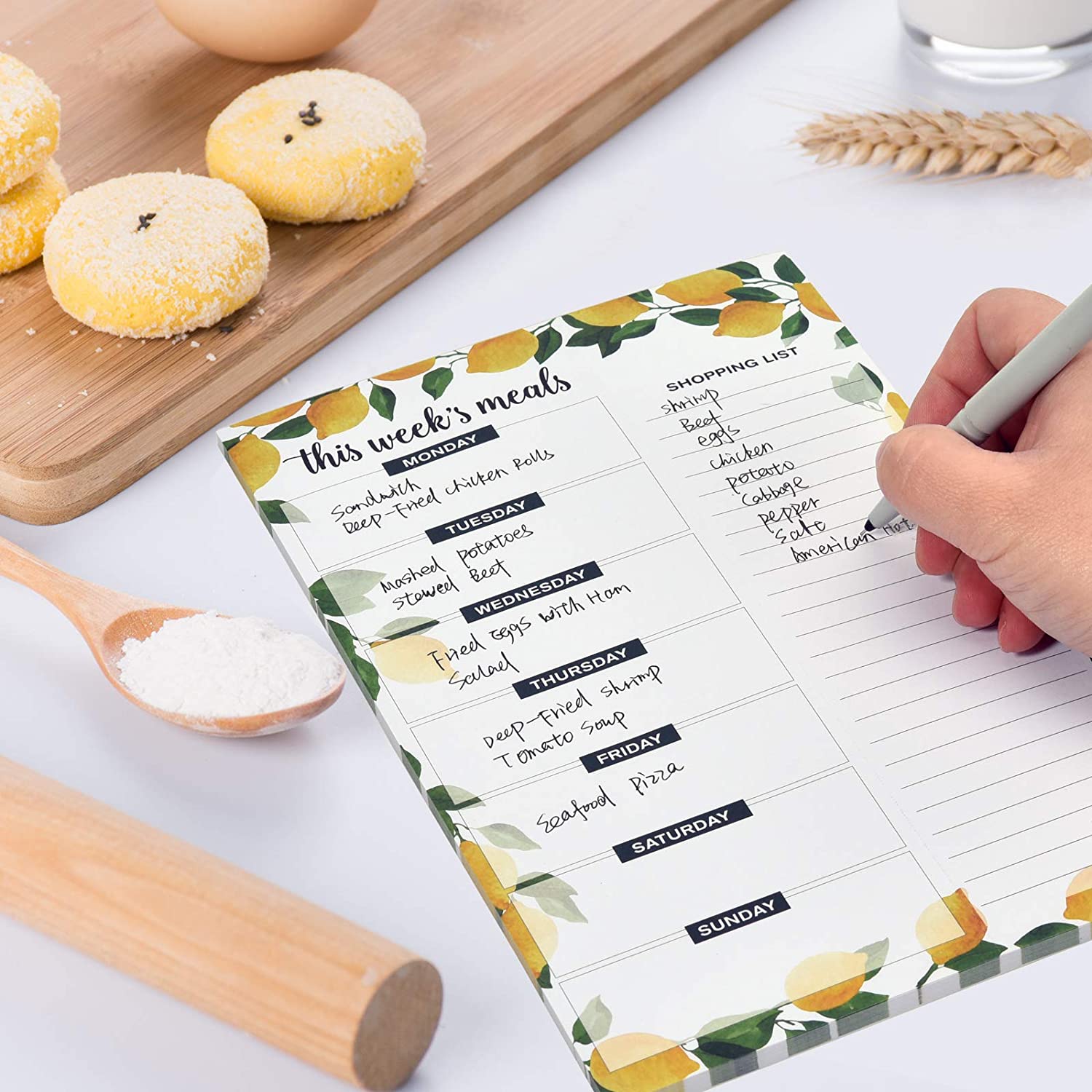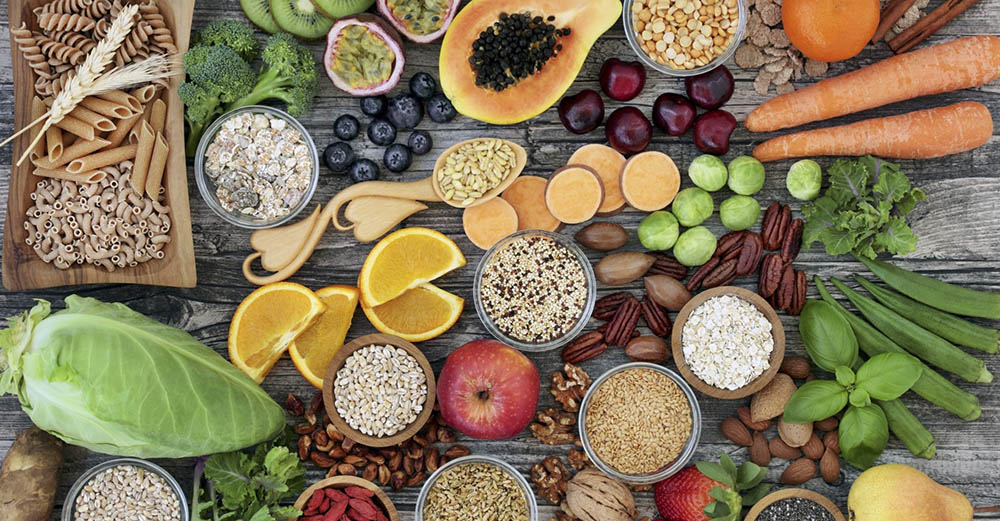Meal planning is an essential aspect of maintaining a healthy diet and sticking to a plant-based diet regime. The process involves mapping out and organizing meals in advance, ensuring that you have access to nutritious and balanced food options throughout the day.
In this email, we will explore the reasons why meal planning is crucial for a successful plant-based diet, and the benefits it can bring.
The importance of habit formation:
One of the most significant obstacles to changing dietary habits is the lack of planning and preparation. The average person has developed a set of dietary habits over time, and breaking these habits can be challenging. It takes approximately 21 days to form a new habit, and meal planning can help to make this transition easier by providing structure and routine to your eating habits. When you plan your meals in advance, you’re less likely to fall back into unhealthy eating patterns, and more likely to stick to your plant-based diet.
Access to healthy and nutritious options:
Meal planning helps to ensure that you have access to healthy and nutritious food options, even when you’re on the go. A common challenge when transitioning to a plant-based diet is finding convenient and nutritious food options, especially when eating out. When you plan your meals, you can take into account the ingredients you need to have on hand and the types of meals you would like to prepare. This way, you’ll always have access to healthy plant-based options, no matter where you are.
Reduces food waste:
Meal planning helps to reduce food waste by ensuring that you only purchase the ingredients you need for the meals you have planned. This not only saves money but also helps to reduce your carbon footprint by reducing the amount of food waste that ends up in landfills.
Saves time and stress:
Meal planning can help to save time and reduce stress, especially on busy days when you don’t have time to prepare a meal from scratch. When you have a plan in place, you can quickly prepare meals and snacks, and avoid the stress of making last-minute decisions about what to eat. This can be especially useful for those who are transitioning to a plant-based diet, as they may not have a lot of experience with preparing plant-based meals.
In conclusion, meal planning is an essential tool for anyone who is looking to change to a plant-based diet. It provides structure and routine, ensures access to healthy and nutritious food options, reduces food waste, and saves time and stress. With the help of meal planning, you can make the transition to a plant-based diet with ease, and enjoy all the benefits that come with this lifestyle change.
Meal planning is a crucial component of staying on track with a plant-based diet.
Start by making a weekly menu and grocery list, taking into account your schedule and any meals you may be eating out.
Here’s a simple meal plan for a week on a plant-based diet:
Day 1:
Breakfast: Peanut butter and banana smoothie
Lunch: Chickpea salad with mixed greens, cherry tomatoes, and cucumber
Dinner: Spaghetti squash with marinara sauce and roasted vegetables
Day 2:
Breakfast: Oatmeal with mixed berries and almond milk
Lunch: Grilled portobello mushrooms with roasted sweet potatoes and a mixed greens salad
Dinner: Lentil soup with crusty bread
Day 3:
Breakfast: Chia seed pudding with fresh fruit
Lunch: Vegetable stir-fry with tofu, brown rice, and a variety of colorful veggies
Dinner: Quinoa and black bean tacos with avocado salsa
Day 4:
Breakfast: Sweet potato hash with scrambled eggs and avocado
Lunch: Grilled vegetable sandwich with hummus and greens
Dinner: Eggplant parmesan with a side salad
Day 5:
Breakfast: Vegan protein shake with frozen berries and almond milk
Lunch: Chickpea and avocado sandwich with mixed greens
Dinner: Sweet potato and black bean chili with a side of cornbread
Day 6:
Breakfast: Toast with almond butter and sliced banana
Lunch: Mixed greens salad with roasted beets, walnuts, and a balsamic vinaigrette
Dinner: Stuffed bell peppers with quinoa, black beans, and tomato sauce
Day 7:
Breakfast: Vegan protein pancakes with mixed berries and maple syrup
Lunch: Grilled vegetable and hummus wrap
Dinner: Vegetable lasagne with a side salad
This meal plan is just a starting point and can be adapted to your personal preferences and dietary needs.
Don’t be afraid to get creative and try new recipes, or to swap meals or ingredients as needed.
The goal is to find a plant-based diet that works for you and makes you feel happy and healthy!
Cheers
Kathy



